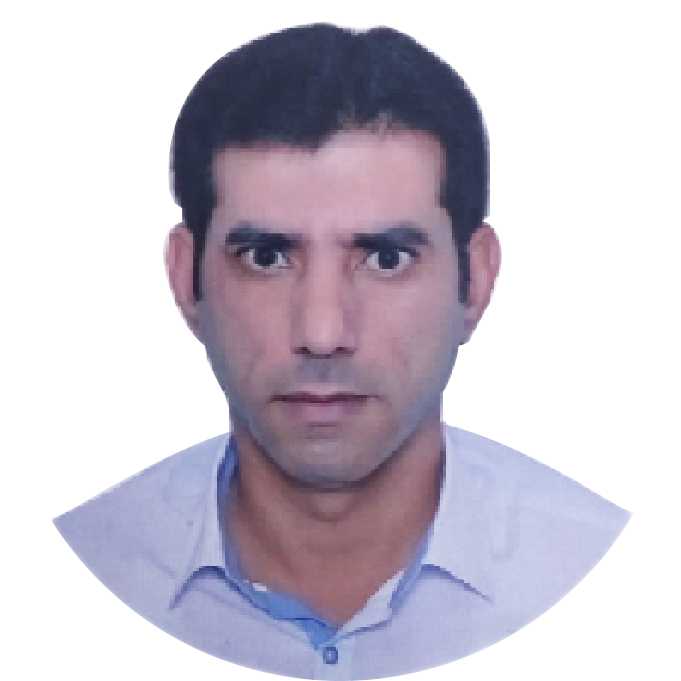
Water Power
Network
A unique initiative to launching the Water, Power, Network (WPN) token/coin with outstanding projects and initiatives directed by our visionary team to provide and empower people to demand their basic human rights to them and that their governments in some instances have a difficulty in providing it for various reasons, and if they do, at mind-blowing prices. The main initiative behind launching this token is for cutting the middleman, and have the people invest a small amount of money individually to provide themselves with a cheaper source of water and power supply and make a return on their minimal investment.

Introduction
The Water, Power Network idea came to life when a known regional company was exploring the possibility of venturing into a Build-Operate-Transfer Sea Water Reverse Osmosis project in the Middle-East. Studies and research showed them that if they were to invest in such a project and get a minimal return on the investment, the price of water would quadruple for locals and residents. So why not have the people capitalize on the rise of cryptocurrencies that would invest in such projects initially and subsidize the cost of such services to locals and residents and guarantee them at a much lower price than current tariffs.

Mission
Vision
Educating people on their basic rights and developing a network of experts that will develop
techniques and technologies for treating and producing our human needs in a sustainable manner and
at negligible costs.
Empowering the people to manage their own supply of Water and Electricity and for them to set a
price for these services to feed their spending needs.










